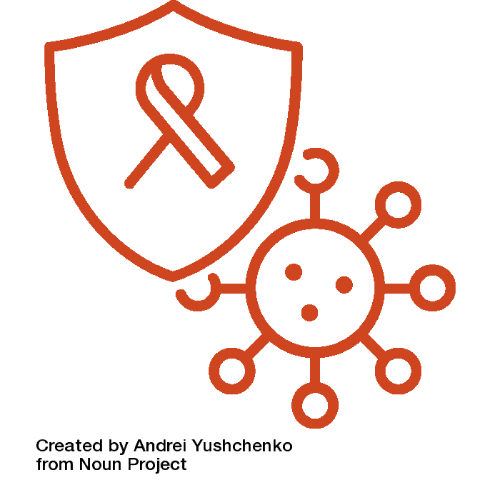
Three decades into the HIV epidemic, high HIV/STI rates persist among FSWs throughout the world, and research on this population in the U.S. is scarce. FSWs experience a unique set of vulnerabilities associated with structural factors such stigma, and unsafe work environments. These factors inhibit protective sexual behaviors and seeking of HIV testing, care, and treatment. HIV prevention approaches that address social and structural vulnerabilities to HIV infection among FSWs have demonstrated effectiveness worldwide. We aim to develop and evaluate the effectiveness of a community-based combination HIV prevention package to include a range of biomedical, behavioral, and structural services, provided through the “STILETTO” Center. Trained peer educators (N=20) will conduct outreach in exotic dance club and street venues, promote the use of the Center, and enact community mobilization. The study’s overall goal is to stimulate community empowerment, through such mechanisms as social cohesion and collective action, resulting in sustainable HIV risk reduction. We hypothesize that addressing structural drivers and more immediate medical needs, in combination with peer education, will lead to community empowerment and reduce HIV/STIs incidence and risk. The study aims to: 1) examine the effects of the intervention on FSWs’ HIV risk behaviors (drug use/unprotected sex), and HIV/STI cumulative incidence over 18 months in the intervention (n=200) compared to those in the comparison (N=150) communities, and how these changes are associated with intervention exposure; 2) examine how socio-structural (e.g., social cohesion, stigma) and structural vulnerability indicators (e.g., financial and housing stability) change and are associated with the biological and behavioral outcomes over time in intervention (n=200) versus comparison (n=150) participants; and to 3) examine the intervention’s implementation through qualitative (e.g., in-depth interviews) and quantitative (e.g., assessment of program fit, reach, facilitators and barriers, and program costs) measures. To achieve these aims, we propose developing and evaluating a theoretically informed, community-based comprehensive intervention comprised of the STILETTO Center, training FSW peer educators (N=20), and a 24-hour crisis hotline line. Our extensive community partners will provide services at the Center, thereby increasing sustainability. The study is innovative in its comprehensive approach targeting U.S. FSWs and addresses the growing call for designing and evaluating structural interventions, a NIDA priority (PA-12-281) (From NIH Report).
